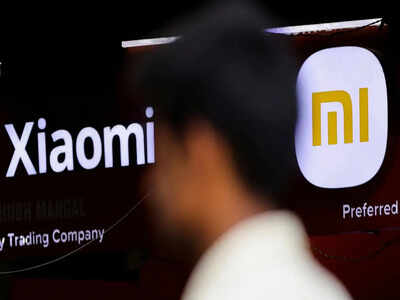Key Takeaways
- Xiaomi EV division turns profitable with 700 million yuan ($98 million) quarterly profit
- Achieved profitability just 19 months after SU7 launch, beating 2025 delivery targets
- Ford CEO Jim Farley praises Xiaomi SU7 after six months of driving experience
- Company targets 400,000+ vehicle deliveries in 2025 and European expansion by 2027
Xiaomi’s electric vehicle division has achieved its first quarterly profit, marking a significant milestone in the electronics giant’s ambitious automotive venture. The EV unit generated 700 million yuan ($98 million) in profit during the September quarter, reversing previous losses and more than doubling Xiaomi’s overall net income.
Rapid Profitability and Market Position
This achievement makes Xiaomi one of the few profitable Chinese EV manufacturers, positioning the company to challenge established players like Tesla and BYD in global markets. The division reached profitability just 19 months after launching its SU7 electric sedan, a remarkably fast trajectory compared to industry peers.
Ford CEO Jim Farley provided unexpected validation, revealing he has been driving the imported SU7 for six months and praised its performance and technology integration. This endorsement from a leading automotive executive highlights the rapid advancement of Chinese EV technology.
Strong Demand and Production Milestones
According to CEO Lei Jun, the early profitability validates Xiaomi’s ambitious carmaking strategy. The company’s SU7 electric sedan and first SUV have generated strong demand, with executives confirming they will hit their 2025 target of 350,000 EV deliveries ahead of schedule.
October shipments maintained momentum at over 40,000 vehicles, matching September’s performance. Xiaomi now expects to deliver more than 400,000 vehicles in 2025 and recently celebrated its 500,000th vehicle rolling off the production line.
Challenges and Future Plans
Despite the rapid success, Xiaomi faces significant headwinds. A global memory chip shortage has increased costs across both EV and smartphone businesses, while China’s gradual phaseout of electric vehicle tax incentives adds further pressure.
Intense competition and occasional factory delays have also impacted the company’s stock performance, making it one of China’s worst-performing tech shares this year. However, Lei Jun remains confident, with plans to increase production capacity, reduce customer wait times (currently up to nine months for some models), and invest heavily in advanced AI-driven driver-assistance features.
Xiaomi aims to begin selling electric vehicles in Europe by 2027, signaling its global ambitions in the competitive automotive market.




